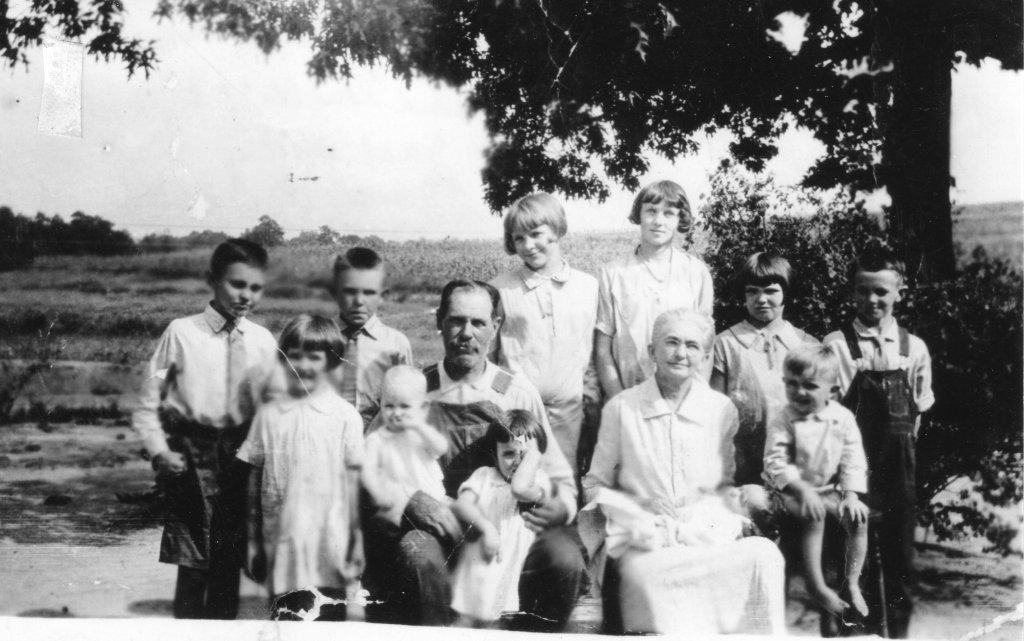
HOW THEY MADE OUT.
"I DON'T know," said Margaret, "how we shall make out; but we can't let the child starve." Margaret was the housemother in a German home, where money was scarce, and plain food was not plenty.
A stranger had come along the street, and stopped at the door, and asked if he might have some supper with the family. He was watching the yellow-haired little girl who followed Margaret around, and it was in reply to a question of his that she had spoken the sentence with which our story begins.
"Then she isn't your own child?" asked the stranger.
"No!" Margaret explained that she was the child of a poor neighbor who had died a few weeks before, leaving nothing for the little girl, and no friends for her to go to. So they had taken her in.
"And can't you manage to keep her?" the stranger asked. "You have none of your own, I suppose?"
"Oh, dear, yes!" and she laughed over his queer mistake. None of their own? Why, there were ten in all.
When supper was ready, they all trooped in.
What a little army of them! And how clean their faces were! Their hair neatly combed, and their patched and worn clothes looking as though each of them had been as careful of them as possible.
At the supper table, each of them looked out for Gretchen; she had the largest potato, carefully peeled by Margaret, the mother's name-child; and Melchor, the father's namesake, put a bit of butter on it, though he ate none on his own. The stranger saw all this and a great deal more, though he seemed to be talking with the father and mother.
The next day a soldier in military dress rode up to the house, and asked for the house-mother, and gave her a great solemn-looking letter which made her tremble as she broke the seal. Oh, what do you think that letter said? Why, that the man who had taken supper with them the night before was so pleased with all the ten children, and with Gretchen besides, that he had decided to make them each a present of $100, which would be paid to them each year while they lived! $1,100 a year because a strange man who took supper with them was pleased with their kindness to him, and their unselfish care for the orphan Gretchen! That sounds like a "made-up" story, doesn't it? And yet it is true. The letter was signed, "Joseph, Emperor of Austria." And he was the stranger, who, had eaten potatoes with them the night before.
Ah! I wonder if you know what this makes me think of. Do you remember who laid aside his crown and royal dress, and left his throne and came to us—not simply to amuse himself and give us pleasure, but to save us from eternal death?
Some day we shall see him with royal dress blazing with jewels, the crown of gold on his head.
Will he remember us then as those who received him here? He is watching our actions, whether they are unselfish and loving, or hard and hateful.
Is he getting a reward ready for us? The reward is not $100 a year; it is a home in the palace, a seat on the throne. It is to be introduced to his Father as brothers and sisters; it is to reign with him forever and ever.
The Pansy.